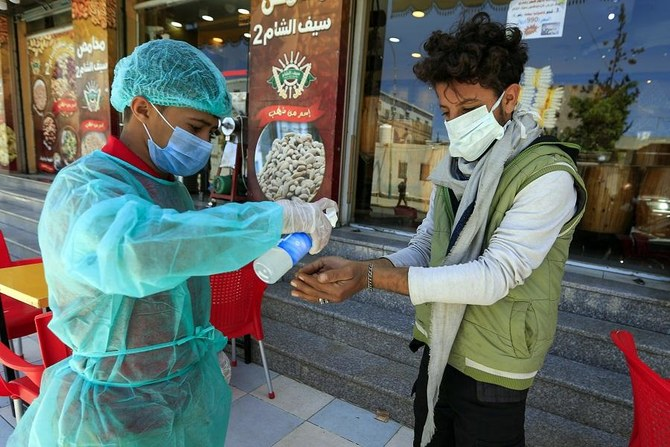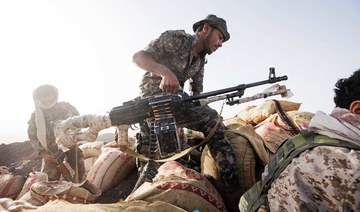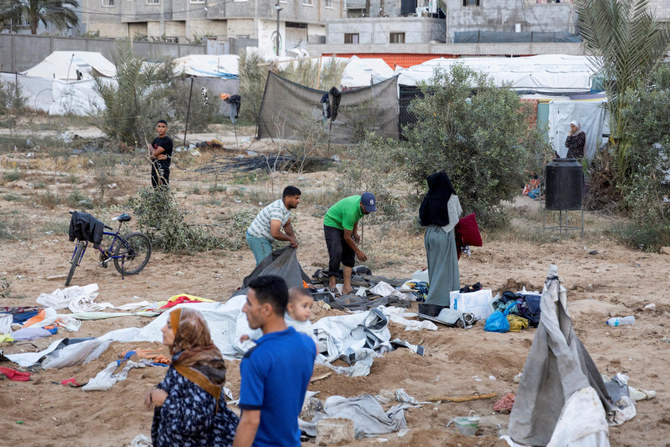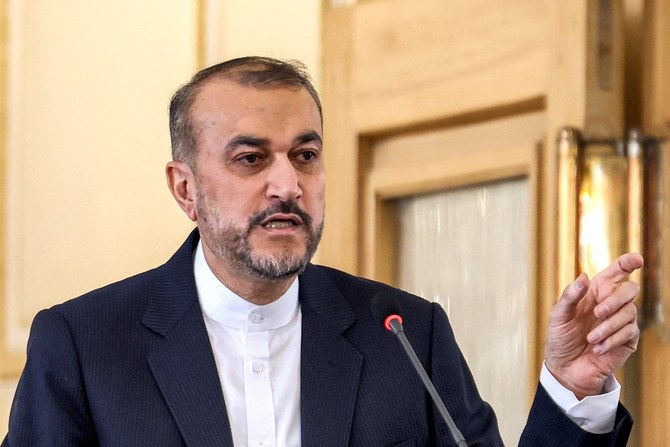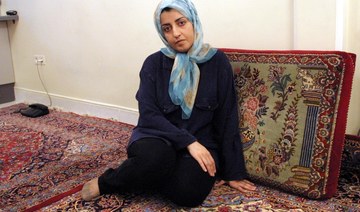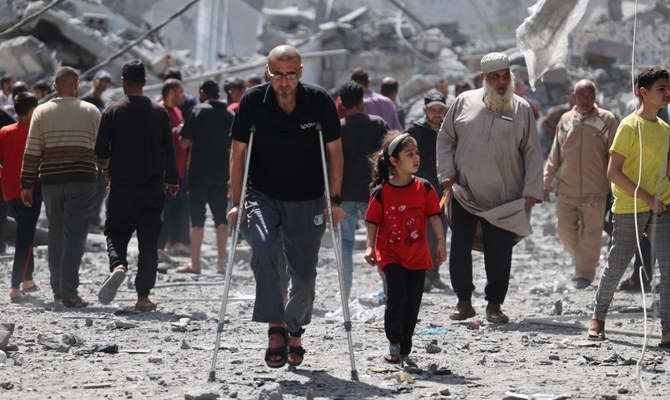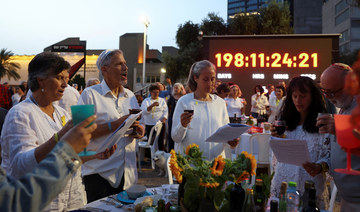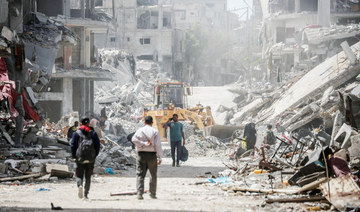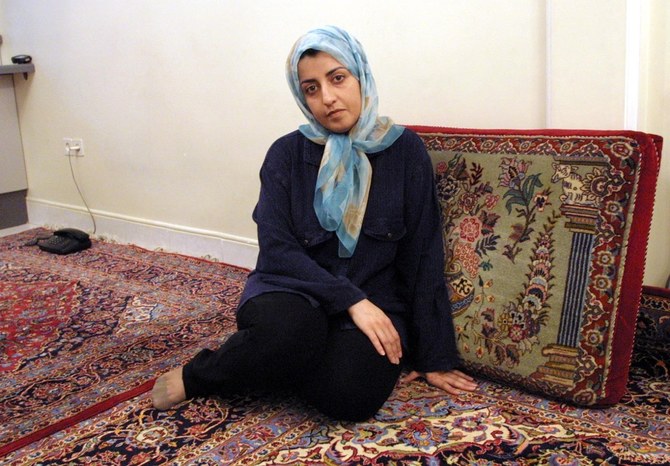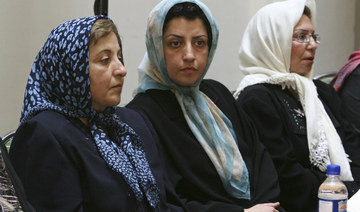ALEXANDRIA: Yemen’s internationally recognized government has put health facilities and workers on high alert and demanded that people follow COVID-19 restrictions as the country braces for a third wave of the virus.
“Our trained health workers are on the ground, ready to deal with the third wave as they did with previous waves,” Ishraq Al-Subaee, a spokesman for the Aden-based National Coronavirus Committee, told Arab News on Wednesday, adding that the government is working on boosting the supply of oxygen and applying more health measures to mitigate the impact of the new wave.
Prompted by a sudden surge in the number of coronavirus cases in government-controlled areas, Yemen’s Health Minister Qasem Buhaibeh said on Twitter on Tuesday that the Yemeni government has ordered health workers to “get ready for a new wave” and to “prepare health facilities and quarantines for a possible influx of cases,” urging Yemenis to abide by health precautions.
“We call on citizens to be careful and take the necessary precautionary health measures, as we have field indicators of an increase in coronavirus cases,” Buhaibeh said.
The government’s coronavirus committee on Tuesday recorded 10 new infections in five Yemeni provinces and zero deaths, bringing the total number of confirmed cases to 7,022. There have been 1,374 deaths and 4,168 recoveries. On Monday, the committee announced the recording no new cases, one death and two recoveries.
Ishraq said that Yemen would receive in August thousands of AstraZeneca and Johnson & Johnson COVID-19 vaccines as part of the international COVAX scheme, and that priority would be given to Yemenis who would receive their first shot.
Health experts argue that it is hard to predict the trajectory of the coronavirus pandemic in the country, given the fact that two-thirds of the Yemeni population live in areas under the Houthis control, where officials conceal information about the pandemic and obstruct the distribution of vaccines.
“The epidemiological situation in Yemen is ambiguous,” Abdulla bin Ghouth, a professor of community medicine and epidemiology at Hadramout University’s College of Medicine, and an adviser to the health minister, told Arab News on Wednesday, adding that the country has a “weak surveillance and diagnosis process” and a “crumbling health system.”
Despite not ruling out the possibility of a third wave, Bin Ghouth said that Yemen is experiencing a post-second wave period due to the stable level of new cases and deaths. “Through my weekly follow-up to the epidemiological curve, there is a constant continuation of a low level of cases, not a sharp decrease or a double rise,” he said.
In April, Yemen kicked off vaccination campaigns in government-controlled areas, three weeks after receiving the first shipment of COVID-19 shots.
At the beginning of the campaign, the turnout was very poor, until Saudi Arabia and other countries said that they would only allow fully vaccinated people to enter into their countries.
Thousands of Yemenis showed up at vaccination centers, consuming the country’s stock of the vaccines within a short period.
Yemeni health officials said that almost 320,000 Yemenis were vaccinated during the first and second rounds of the jab rollout and about 72,000 people have already registered on the ministry’s news site to receive vaccines.
At the same time, thousands of Yemeni travelers who were left stuck at home due to a shortage of vaccines have demanded that the government swiftly administer new doses, complaining that many Yemenis have lost jobs since they could not get a vaccine on time.
Mohammed Abdul Kareem, a Yemeni expatriate in a Gulf country, said that he waited three months to receive a second shot of a COVID-19 vaccine and that his visa would expire if he did not get it next month.
“As my visa expires soon, please tell us will the vaccines arrive at the beginning of August or in the middle,” Abdul Kareem said, commenting on the health minister’s post on Twitter.
Double-jabbed Yemenis also complained that they have not yet received electronic certificates proving their vaccination from the ministry. The health minister justified the delays in issuing the certificates, citing “huge pressure” from thousands of vaccinated people, and added that the ministry is “working on addressing the issue.”



